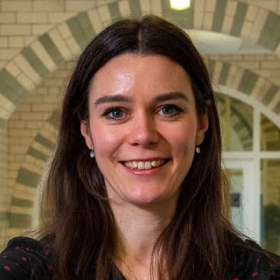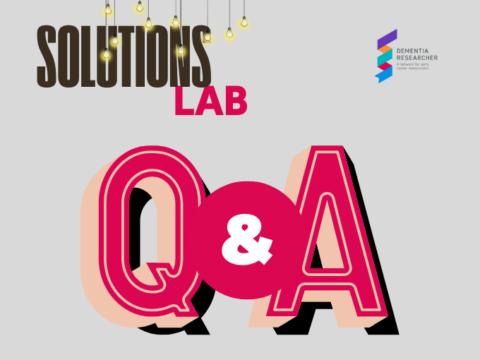Academia can feel rushed at the best of times, and like going at 200 kilometres an hour at the most intense of times (note, there are few motorway speed restrictions back home in Germany). Depending on your career stage, that can involve grant writing, papers, analysis, leading meetings and international projects, work trips (the most exciting bits of the job!!), presenting your work at conferences and seminars, a lot of public involvement (again, one of the best parts about my job), line management, providing feedback to your students and team members, writing (I know many hate this part but it is among my top three!), more grant writing, facing rejections, and throw in some academic politics. And not to forget keeping up to date with the latest research, and jointly thinking of new research ideas. Oh, and trying to actually make a difference and generate real-life impact, to be honest, the most important part of the job.
So, all in all, pretty busy! I wouldn’t change it for anything else though, as it’s an incredibly creative, stimulating, and high-pressured job with the potential to actually make a difference. We constantly learn something new, whether that’s by reading a new paper in journal club or talking to lived experts or care providers. Because we should never forget that we as researchers don’t know best. We only do together with those who work and live and care for people with dementia (*modify this to your research area).
How to make sure then not to burn out? Christmas time has that sense of slowing down and taking stock of what the year has been like, what we’ve achieved, what we would have liked to do better, and setting new sights for the new year(s) ahead.
Last year, there was certainly a time when faced with a couple of grant rejections where I wondered why we even spend weeks and months of writing grants which never see the light of day. Shortly after those rejections I hosted a public involvement meeting, and was re-motivated. Yes, rejections can be painful and are always frustrating. But, it’s about just accepting that and moving on with any feedback you get, having a little break from an activity, and then getting back at it with fresh eyes and motivation. For me, it’s all about trying to make a difference for those people with dementia, those that will live with it in the future, and those many carers, paid and unpaid, who feel their voices are just not heard.
As a researcher, I feel I have at least a little opportunity to give those people a voice and try and give them an outlet so that they can feel empowered in trying to change something. So, when faced with another rejection, or a lot on my plate, that always is in the back of my mind. I make an extra effort to reach out to some of the now well established, and new, public advisers and Charities I work with and just have a chat. Removing yourself just for a little while from an activity or immense workload can certainly help putting things into perspective, and keep that motivation up.
But outside of the work bubble, running or exercising every day certainly helps to keep me sane as well, and I consciously, every single day, make time for this.
We all need to make time for at least one thing we are really passionate about outside work, to make sure we keep that precious work-life balance somewhat afloat, although it’s always heavily on the work side for many of us, by choice for some (including me)!
With Christmas just around the corner, as cringy as that may sound, but in an ultra high-speed environment, it’s important to take stock of what was achieved, make new plans, and then totally hibernate. As in, laptop off and doing what you enjoy most, to recharge those batteries. For me, you will find me hiking in the Peaks and trying to tackle a mountain of non-academic literature that has piled up over 2022. So take a break, enjoy Lebkuchen, and completely switch off! Frohe Weihnachten from your German blogger

Dr Clarissa Giebel
Author
Dr Clarissa Giebel is a Senior Research Fellow at the University of Liverpool and NIHR ARC North West Coast. Clarissa has been working in dementia care research for over 10 years focusing her research on helping people with dementia to live at home independently and well for longer, addressing inequalities that people with dementia and carers can face. Outside of her day work, Clarissa has also organised a local dementia network – the Liverpool Dementia & Ageing Research Forum, and has recently started her own podcast called the Ageing Scientist.

 Print This Post
Print This Post




